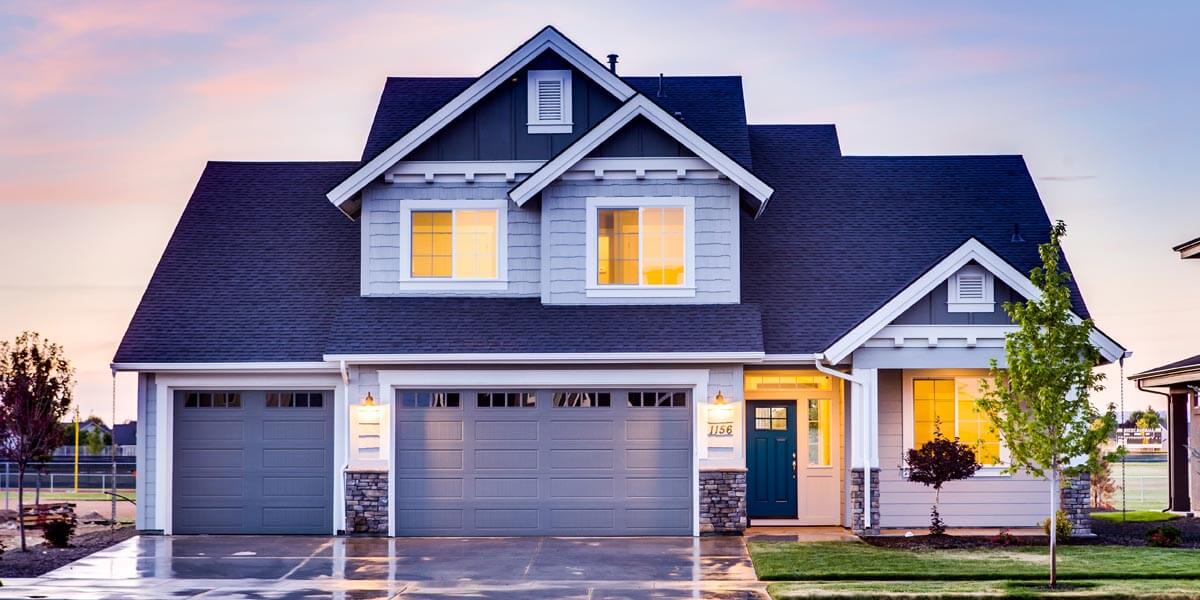Should you buy or rent in retirement?
Cathy is torn between owning a home or continuing to rent
Advertisement
Cathy is torn between owning a home or continuing to rent

Share this article Share on Facebook Share on Twitter Share on Linkedin Share on Reddit Share on Email